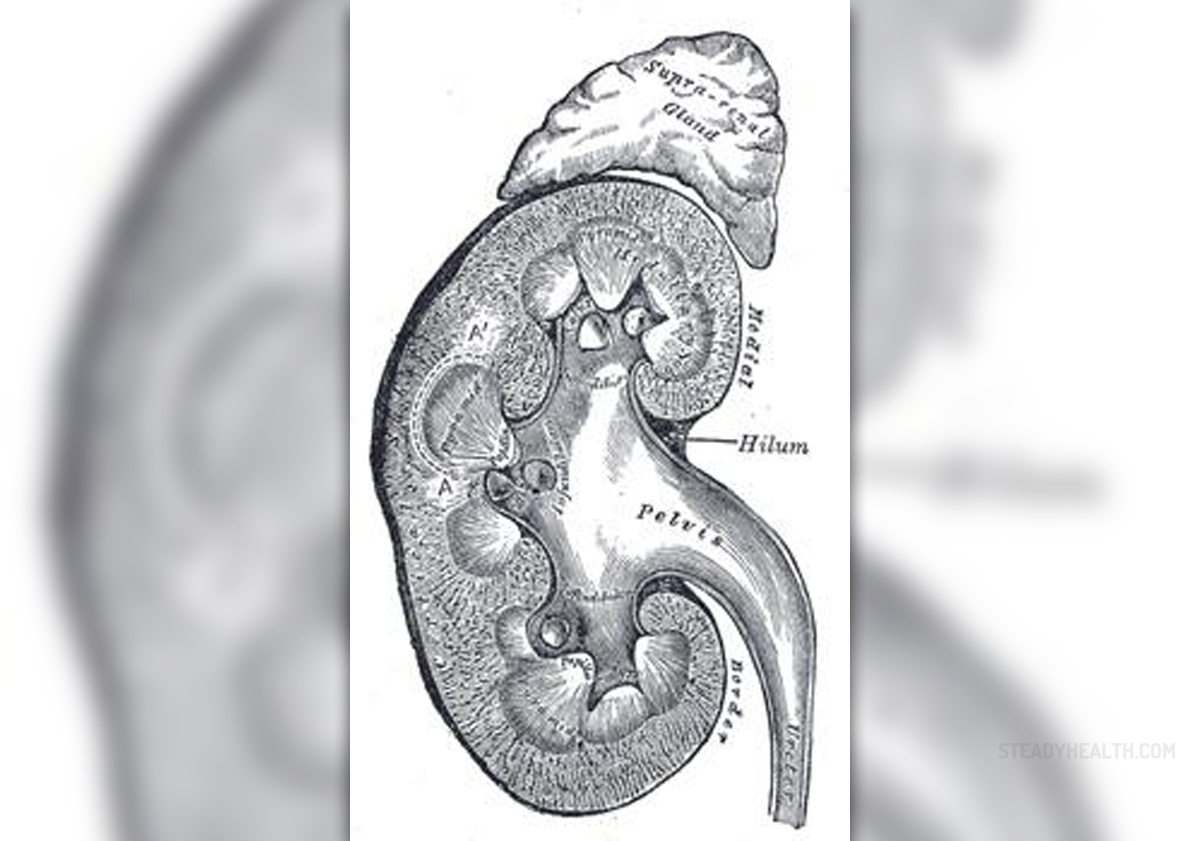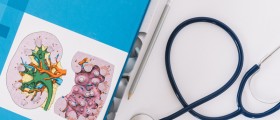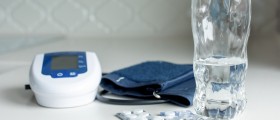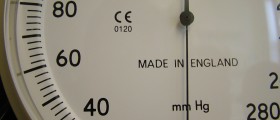
About Kidney Disease
Kidney diseases are very common medical problem. Some people are known to have increased chances to develop chronic kidney disease. This includes people suffering from hypertension (heightened blood pressure), diabetes and those who have family history of kidney diseases. Obesity, older age (over 50 years of age) and smoking may also put you into the high risk group for chronic kidney disease.
As already said, high blood pressure and diabetes can seriously affect the kidneys, but hereditary kidney diseases like polycystic kidney disease or inflammation of the kidneys (called nephritis) can also lead to kidney problems.
Symptoms of kidney disease include the change in the frequency and quantity or passed urine, urinating pains, blood in urine (hematuria) and foaming urine. Edemas around the ankles or the eyes may also indicate kidney disease, as well as the pain under the lower ribs. Failing of the kidneys may lead to generalized ill feeling, nausea, vomiting, loss of appetite and shortness of breath. These patients may also suffer from constant tiredness and concentration problems.
Hypertension as the Cause of Kidney ProblemsUntreated hypertension can damage the blood vessels supplying the blood to the kidneys and cause kidney disease, vision loss, heart attack and stroke. High blood pressure might have no known cause or be caused by various factors. Some of the factors are certainly kidney disease or narrowing of the main artery to the kidney(s) (condition known as renal artery stenosis). High blood pressure must be treated and there are different prescription medications available for that purpose. Your doctor may recommend angiotensin converting enzyme inhibitors (ACEIs), angiotensin receptor blockers, alpha or beta blockers, calcium channel blockers or diuretic drugs.
Keep Your Kidneys Healthy
Deterioration of kidney function can be reversed if caught in very early stages. However, in most cases this problem may only be slowed down and if the kidney function drops to 10% of the normal, patients need dialysis or kidney transplant.
High risk patients should regularly check their blood pressure and perform regular tests for kidney function. These are blood and urine tests, which will make sure your kidneys are performing at their best without any problems.
Eating healthy food and maintaining healthy weight is the best way to look after your kidneys. Healthy diet consists of: plenty of fruits, vegetables, lean meat, grains and plenty of water every day. Consumption of salty and fatty food should be limited to very small amounts for the health of your kidneys.
Staying active is also found to be beneficial for these organs and 30 minute-activity every day, 5 days per week is what counts as active lifestyle.
Stop smoking and limit the consummation of alcohol to small amounts if you want healthy kidneys.

















Your thoughts on this
Loading...